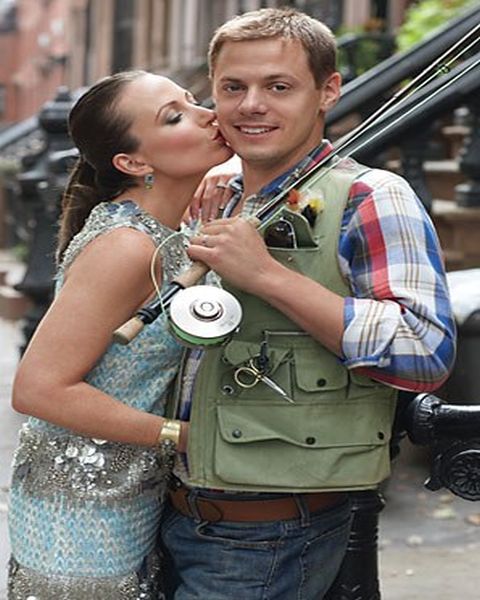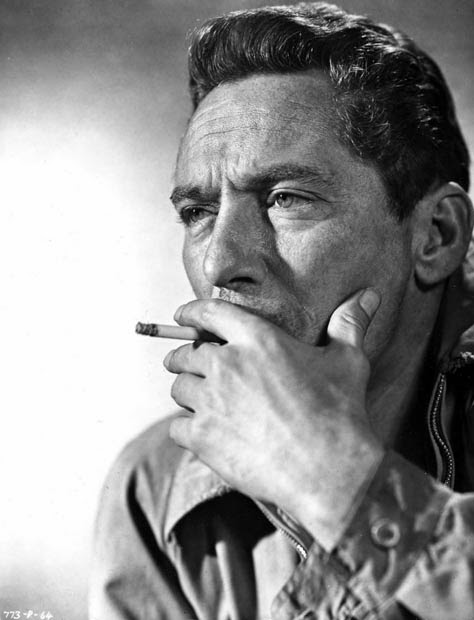
He also worked as a compere, producer and writer. Post-war career in Australia Īfter the war, Finch continued to work extensively in radio and established himself as Australia's leading actor in that medium, winning Macquarie Awards for best actor in 19. He narrated the widely seen documentaries Jungle Patrol (1944) and Sons of the Anzacs (1945).įinch was discharged from the army on 31 October 1945 at the rank of sergeant.

He also appeared in two of the few Australian feature films made during the war, The Rats of Tobruk (1944) and the less distinguished Red Sky at Morning (1944).įinch produced and performed Army Concert Party work, and in 1945 toured bases and hospitals with two Terence Rattigan plays he directed, French Without Tears and While the Sun Shines. He appeared in a number of propaganda shorts, including Another Threshold (1942), These Stars Are Mine (1943), While There is Still Time (1943) and South West Pacific (1943), the latter for Ken G. He served in the Middle East and was an anti-aircraft gunner during the Bombing of Darwin.ĭuring his war service Finch was given leave to act in radio, theatre and film. Chedworth Steps Out (1939), supporting Cecil Kellaway.įinch appeared in a war propaganda film, The Power and the Glory (1941), playing a fifth columnist.įinch enlisted in the Australian Army on 2 June 1941. His performance was well received and Hall subsequently cast Finch in a larger role in Mr. Hall's Dad and Dave Come to Town (1938), playing a small comic role. First films įinch's first screen performance was in the short film The Magic Shoes (1935), an adaptation of the Cinderella fairy tale, where Finch played Prince Charming.
#Peter finch series
He later starred with Neva Carr Glyn in an enormously popular series by Max Afford as husband-and-wife detectives Jeffery and Elizabeth Blackburn as well as other ABC radio plays. He was "Chris" in the Children's Session and the first Muddle-Headed Wombat. Cecil, who was to act as his coach and mentor throughout 19. He came to the attention of Australian Broadcasting Commission radio drama producer Lawrence H. He did radio acting work with Hugh Denison's BSA Players (for Broadcasting Service Association, later to become Macquarie Players). At age 19 Finch toured Australia with George Sorlie's travelling troupe. He also worked as a sideshow spruiker at the Sydney Royal Easter Show, in vaudeville with Joe Cody and as a foil to American comedian Bert le Blanc. In 1934–35 he appeared in a number of productions for Doris Fitton at the Savoy Theatre, some with a young Sumner Locke Elliott. However, he was more interested in acting, and in late 1933 appeared in a play, Caprice, at the Repertory Theatre. RAF pilot and author Paul Brickhill was a school friend.Īfter graduating, Finch went to work as a copy boy for the Sydney Sun and began writing. For three years he attended the local school, then North Sydney Intermediate High School, until 1929. In 1926 he was sent to Australia to live with his great-uncle Edward Herbert Finch at Greenwich Point in Sydney. And I think a man sitting under a bo tree and becoming enlightened is a beautiful one." He is reported to have said: "I think a man dying on a cross is a ghastly symbol for a religion. Undoubtedly, as a result of his childhood contact with Buddhism, Finch always claimed to be a Buddhist. In 1925 Laura took Peter with her to Adyar, a theosophical community near Madras, India, for a number of months, and the young boy lived for a time in a Buddhist monastery. George gained custody of Peter, who was taken from his biological mother and brought up by his adoptive paternal grandmother, Laura Finch (formerly Black), in Vaucresson, France. Alicia Finch married Jock Campbell in 1922. George Finch divorced his wife in 1920 on the grounds of her adultery with Campbell. However, Peter only learned in his mid-40s that Wentworth Edward Dallas "Jock" Campbell, an Indian Army officer, not George Finch, was his biological father.

In 1915, at Portsmouth, Hampshire, George married Alicia Fisher, the daughter of a Kent barrister. He was a research chemist when he moved to Britain in 1912 and later served during the First World War with the Royal Army Ordnance Depot and the Royal Field Artillery. George Finch was born in New South Wales, Australia, but was educated in Paris and Zürich. At the time, Alicia was married to George Finch. 6 The Nun's Story and international stardomįinch was born as Frederick George Peter Ingle Finch in London to Alicia Gladys Fisher.4.1 Visit of Laurence Olivier and Vivien Leigh, and return to Britain.


 0 kommentar(er)
0 kommentar(er)
